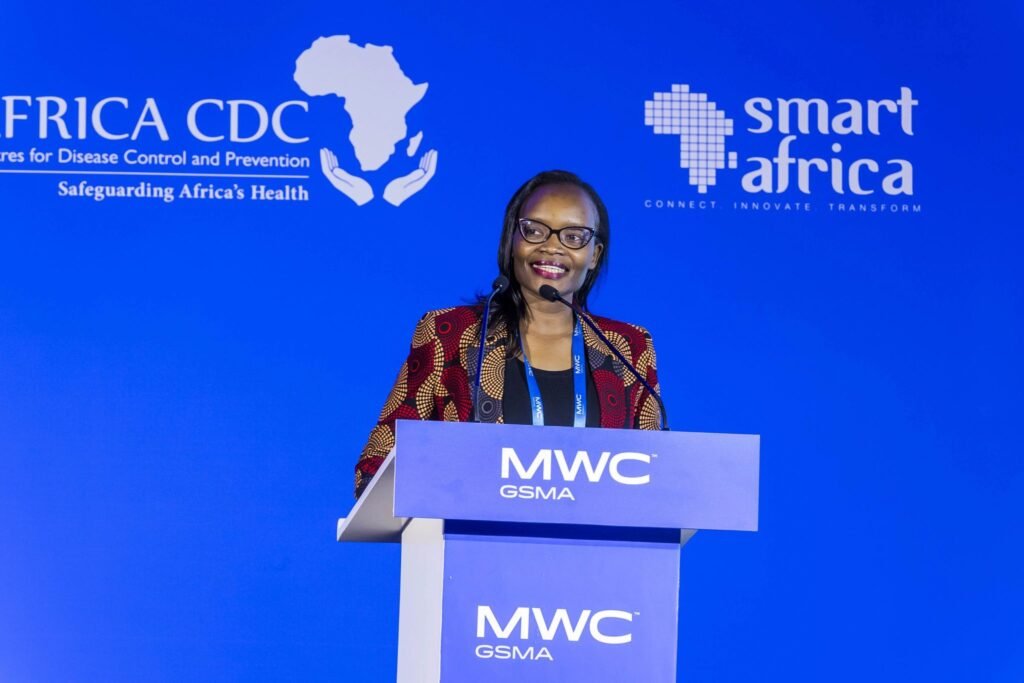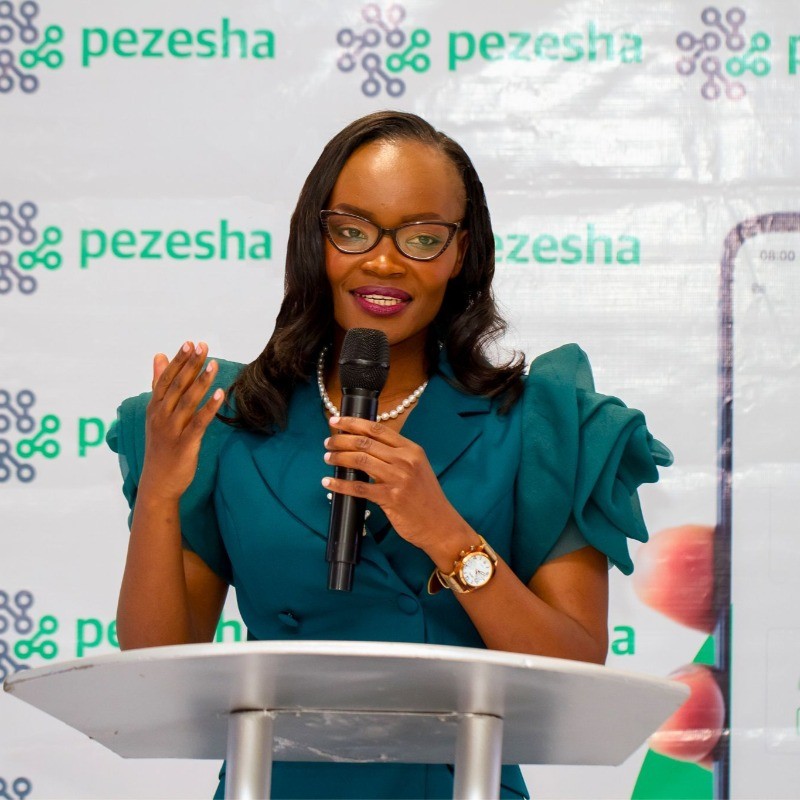Sub-Saharan Africa has made great strides in financial inclusion, with the percentage of adults holding a financial account rising from 34% in 2014 to 49% in 2022. However, despite this progress, the region still trails behind the rest of the world. Kenya has shown significant growth in financial inclusivity; nearly 84% of households had access to formal financial services and products in 2021, up from 57% in 2006. The introduction of mobile financial services has primarily driven this growth. Despite these gains, access to credit remains a significant challenge, especially for underserved businesses. Recognising this gap, innovators like Hilda Moraa are using technology to bridge the divide.
Hilda Moraa founded Pezesha, a fintech company, in 2017 to meet the working capital needs of underserved micro, small, and medium enterprises (MSMEs), particularly women-led informal businesses. An award-winning innovator and author, Moraa brings over ten years of experience in fintech, regulation, and entrepreneurship to the table. Pezesha provides a digital lending platform that connects traditional and non-traditional financial institutions with small businesses needing working capital.
A unique approach to digital lending
Pezesha’s platform is unique in that it directly integrates with supply chain partners, allowing real-time access to transactional data. This facilitates embedded finance, which promotes productive lending while reducing the risk of default. The platform also uses a proprietary credit scoring system called Patascore, which employs conventional and unconventional data sets to identify credible borrowers that traditional lenders often overlook.
Since its inception, Pezesha has disbursed over 500,000 loans to SMEs, created at least 50,000 jobs, and empowered thousands of entrepreneurs. One such entrepreneur is Nakirema from Uganda, who shared her experience:
“I applied for a Pezesha loan when I was almost closing shop as I could not restock my business. Since taking my first loan with Pezesha, my business has grown twofold. I no longer worry about running out of stock because Pezesha loans are disbursed in a timely manner,” the entrepreneur said.

Pezesha is empowering SMEs and promoting financial inclusion.
Pezesha enhances SMEs’ access to affordable working capital, boosting their cash flows and facilitating growth. The platform’s automated matching engine connects lenders with creditworthy SMEs, ensuring parties align with each other’s risk profiles. This model helps SMEs obtain the funds they need while giving lenders the confidence to invest in businesses that meet their risk criteria.
Pezesha also values diversity and inclusion, with women making up 50% of its team. By collaborating strategically with key stakeholders and valuing diverse perspectives, the company has created thousands of jobs and provided credit scores and financial education to over 200,000 customers.
African expansion and commitment to sustainable development
Pezesha contributes to the United Nations’ Sustainable Development Goals (SDGs) by deepening capital markets in Kenya, supporting excluded MSMEs, and promoting financial inclusion for thousands of entrepreneurs. The company offers financial literacy modules to help SMEs better manage their finances and make effective business decisions, reducing the financing gap in Sub-Saharan Africa.
Headquartered in Kenya, Pezesha is revolutionising peer-to-peer financing both locally and beyond. Recently, the company secured $11 million in funding to expand into new markets such as Nigeria, Rwanda, and Francophone Africa. This growth strategy aims to help millions of small businesses access the funds they need to thrive, addressing the $328 billion financing gap for MSMEs in Sub-Saharan Africa and driving job opportunities for African youths.
Under Hilda Moraa’s leadership, Pezesha is setting new standards for peer-to-peer financing in Africa. Through innovative financial solutions and a commitment to inclusivity, the company empowers underserved communities, fosters entrepreneurship, and promotes sustainable economic growth across the continent.



